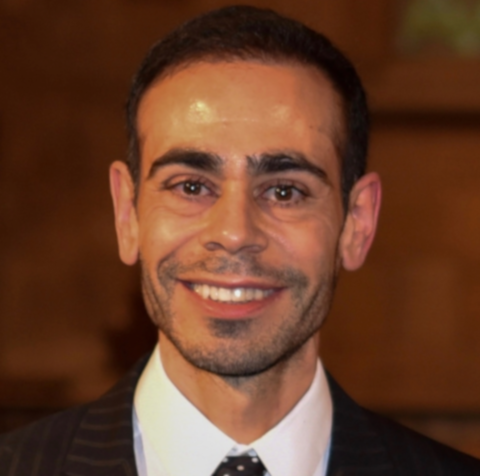Professor Ricardo Daziano, Cornell University to present at LiTrans Transporation Seminar
August 08, 2019

Better framing emission information for carbon abatement of private vehicles
Presenter: Professor Ricardo Daziano, Cornell University
Location: CUI219, 44 Gerrard St. E.
Date: Monday August 12, 2:30PM to 3:30PM
In response to concerns related to climate change, and an attempt to encourage more sustainable behavior, individuals are often provided with information on greenhouse gas emissions (GHGs) of consumer items, such as personal vehicles. Currently in the US, information on vehicle efficiency is provided as grams of carbon dioxide (CO2) per mile. Previous research presenting CO2 as a mass and testing willingness-to-pay through Discrete Choice Experiment has found that such information can influence vehicle choice. However, other research has questioned whether how this information is presented might affect choice. That research argues that CO2 emission information generally lacks contextualization that allows for interpretation. As well, it argues that the type of contextualization may affect choices. That research though did not test willingness-to-pay and the strength of its influence is not clear. In addition, research exists that argues that using pro-social, as opposed to financial, contextualization might be more influential on people’s choices. Thus, the purpose of this paper is to build on these previous findings on how CO2 emissions are presented to determine whether changing how that information impacts vehicle choice with a Discrete Choice Experiment of vehicle choice analyzed using latent class modeling. No previous study has so robustly studied the influence that different framings might have on vehicle purchase. Five different methods of presenting CO2information are tested in this experiment: CO2 emissions as grams per mile (current method), CO2 emissions as pounds per year (consistent imperial units), CO2 emissions as tons per year (yearly contextualization), an annual tax on CO2 (yearly financial contextualization), and CO2 as a percentage of the 2025 US EPA reduction target of 26% from 2005 levels (social goal contextualization). Results demonstrate that the current method results in lowest willingness to pay for CO2 emission reductions, while the social goal contextualization results in the highest.
Biography
Ricardo Daziano, choice modeler and PhD in economics, is an associate professor of Civil and Environmental Engineering and of Systems Engineering at Cornell University. His research goal is to better understand the interplay of consumer behavior with engineering, investment, and policy choices for energy-efficient technologies and for sustainable urban mobility. In 2013, Daziano received an NSF CAREER award for deriving and analyzing advanced demand estimators for energy-efficiency in personal transportation.